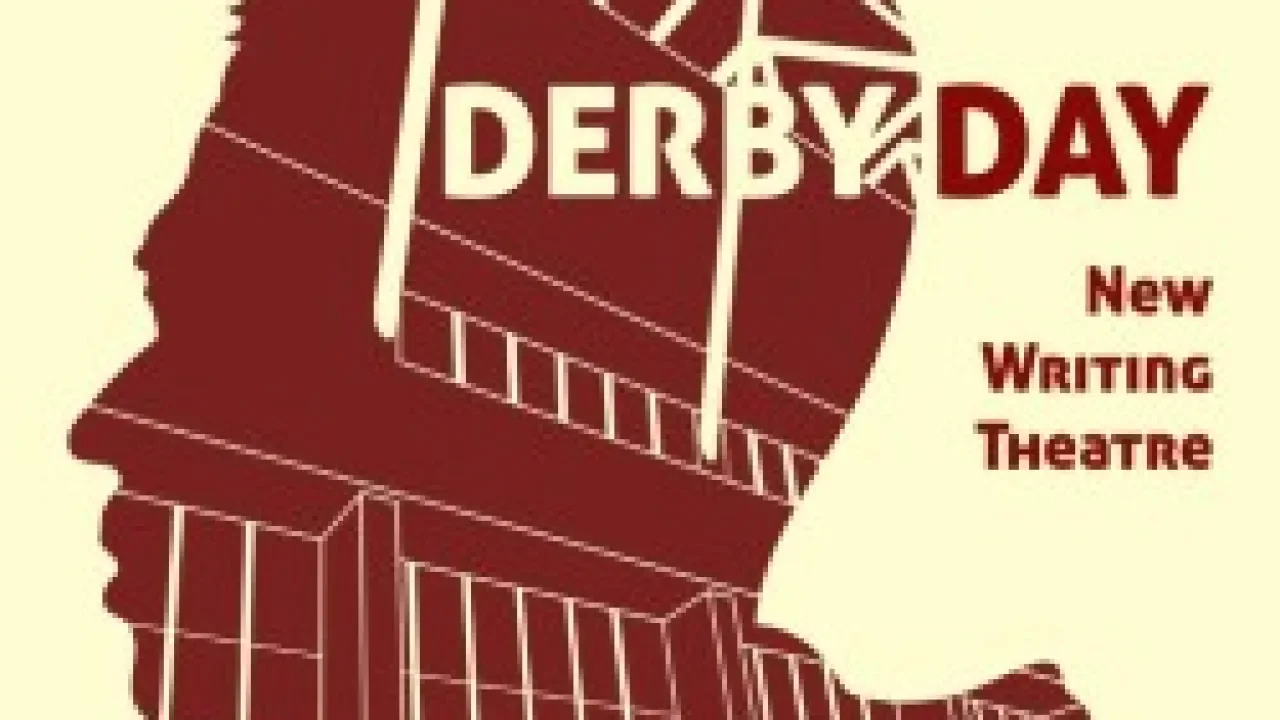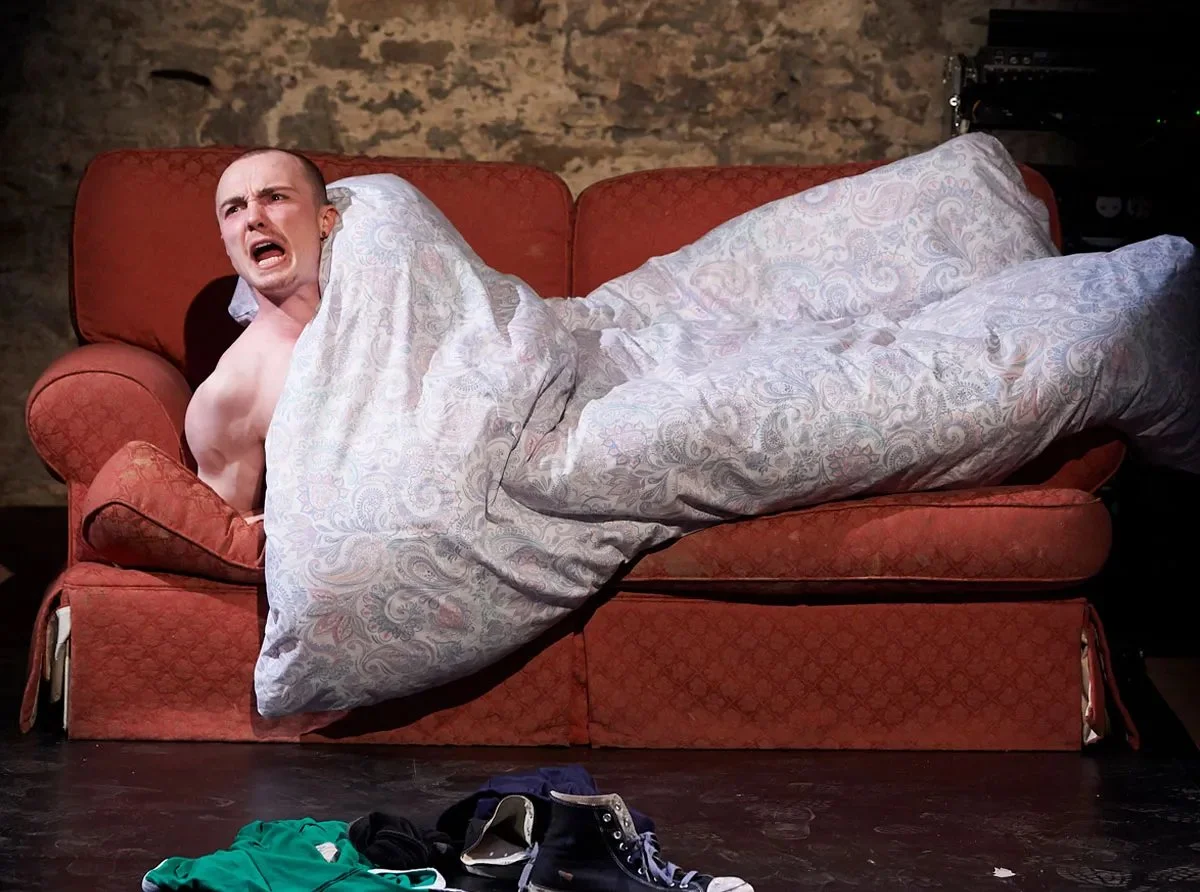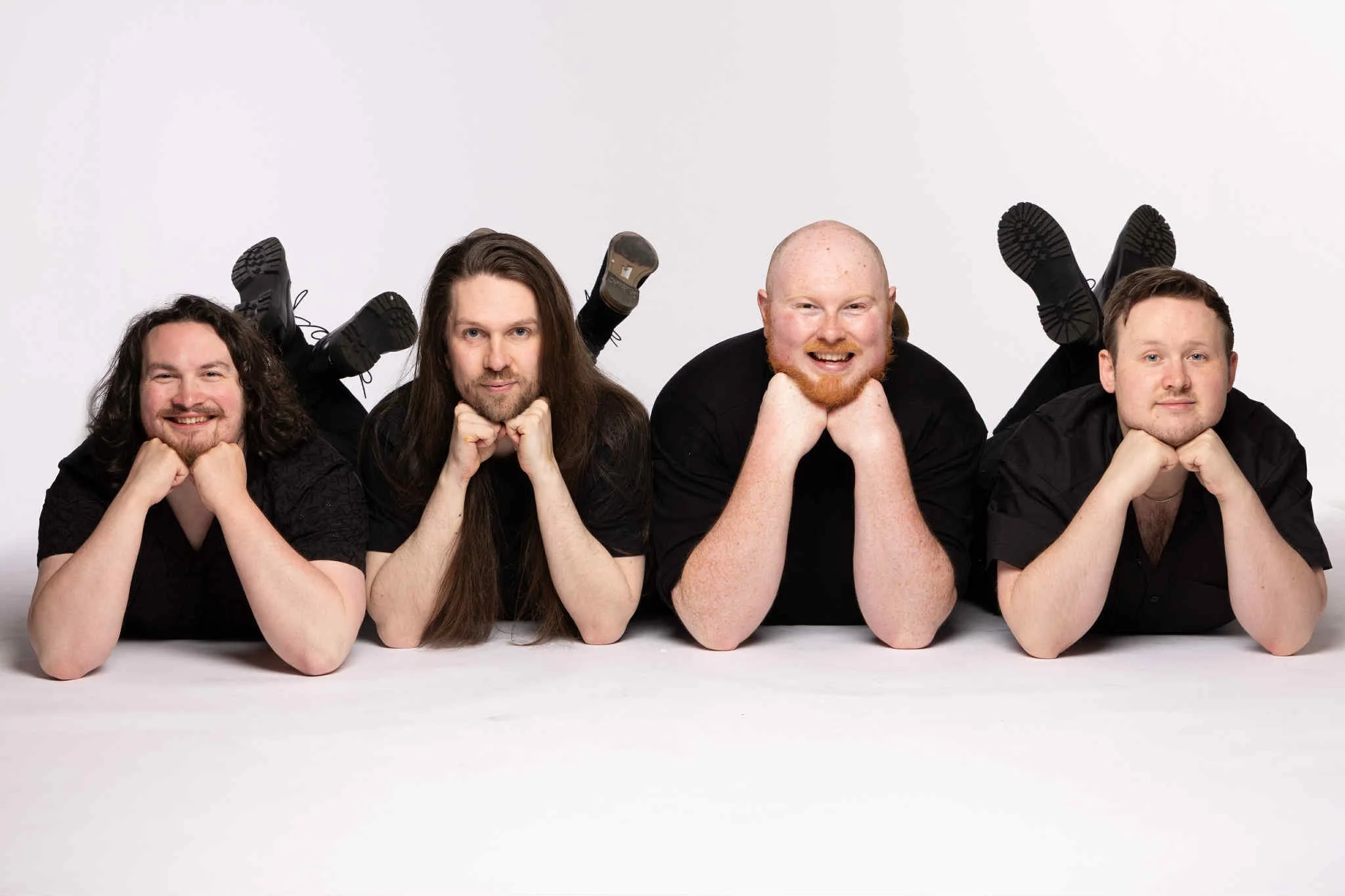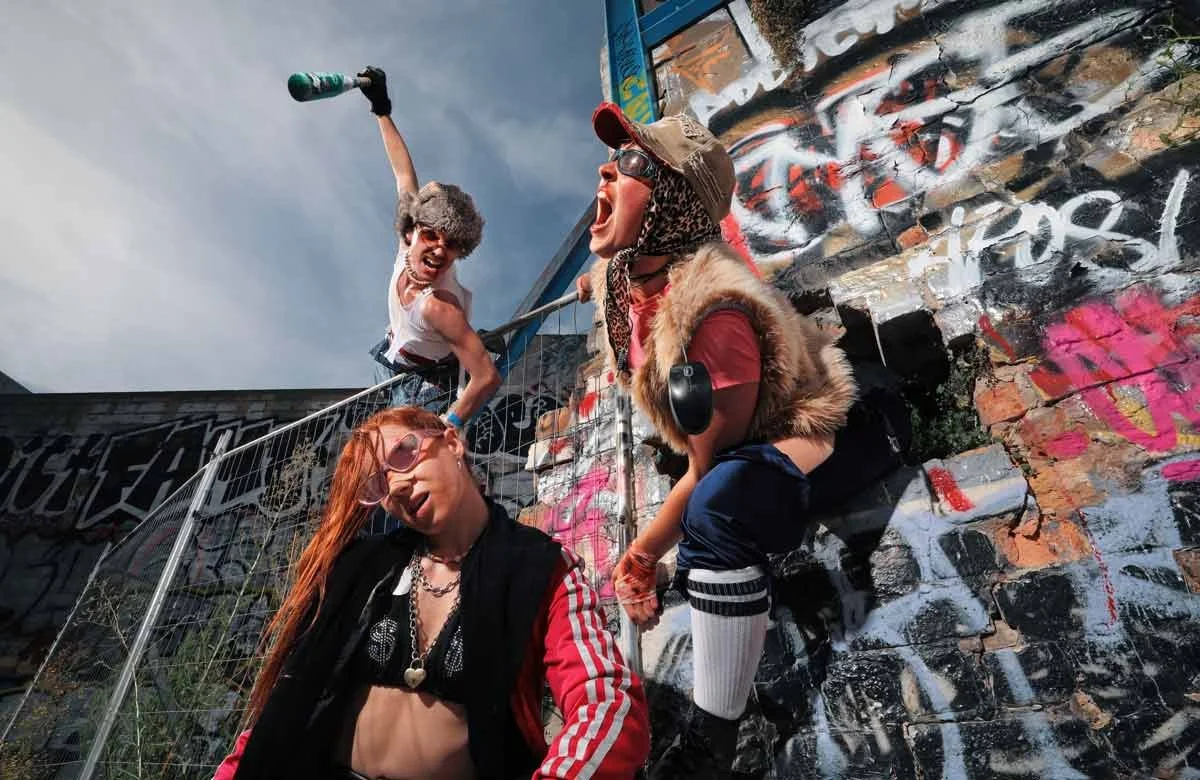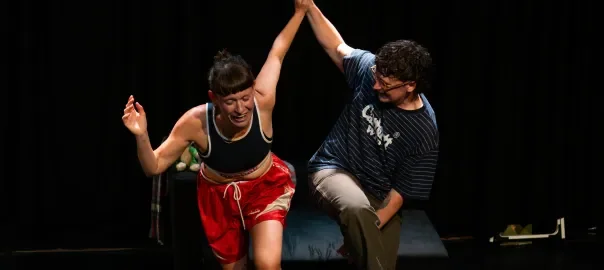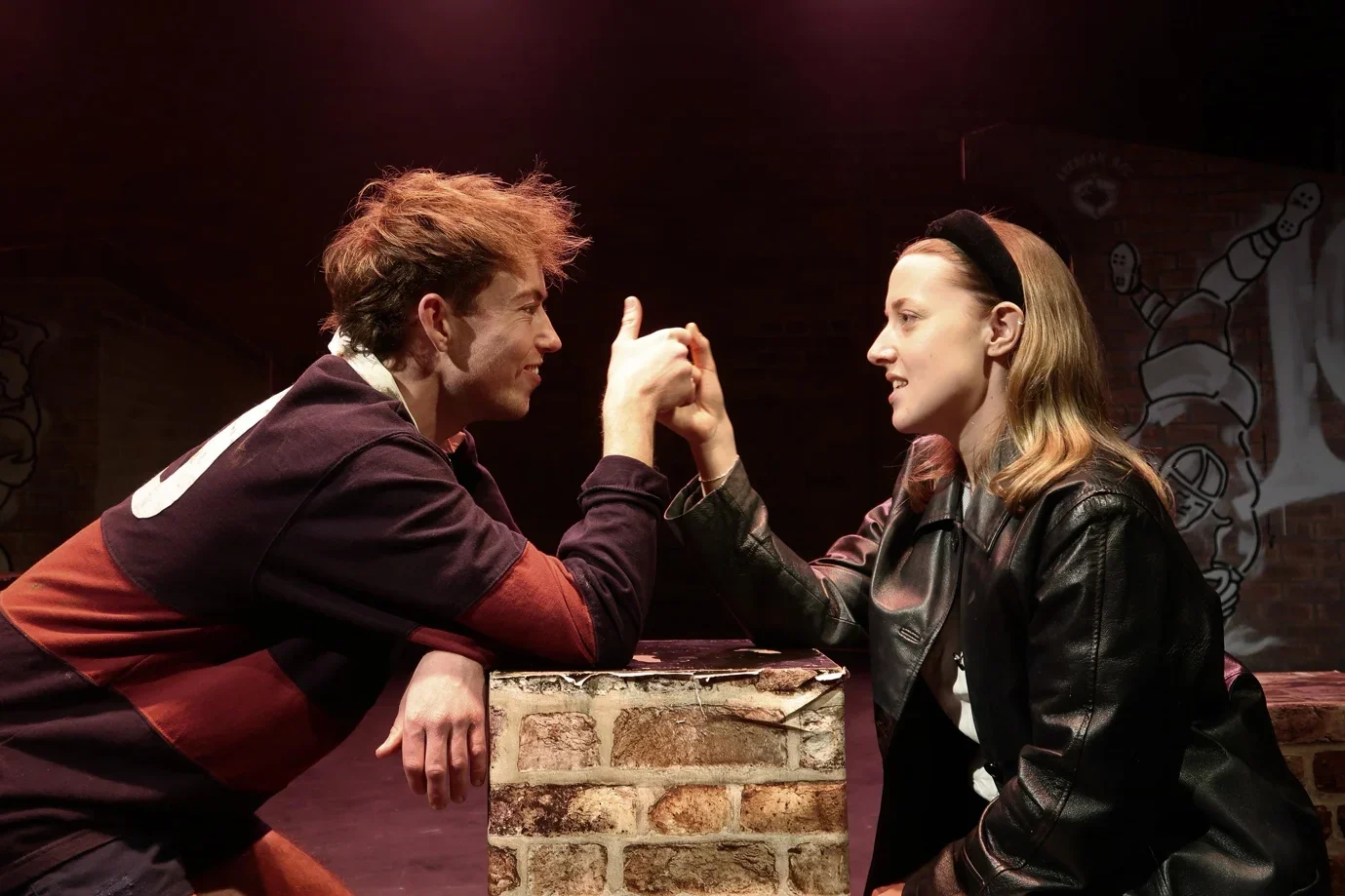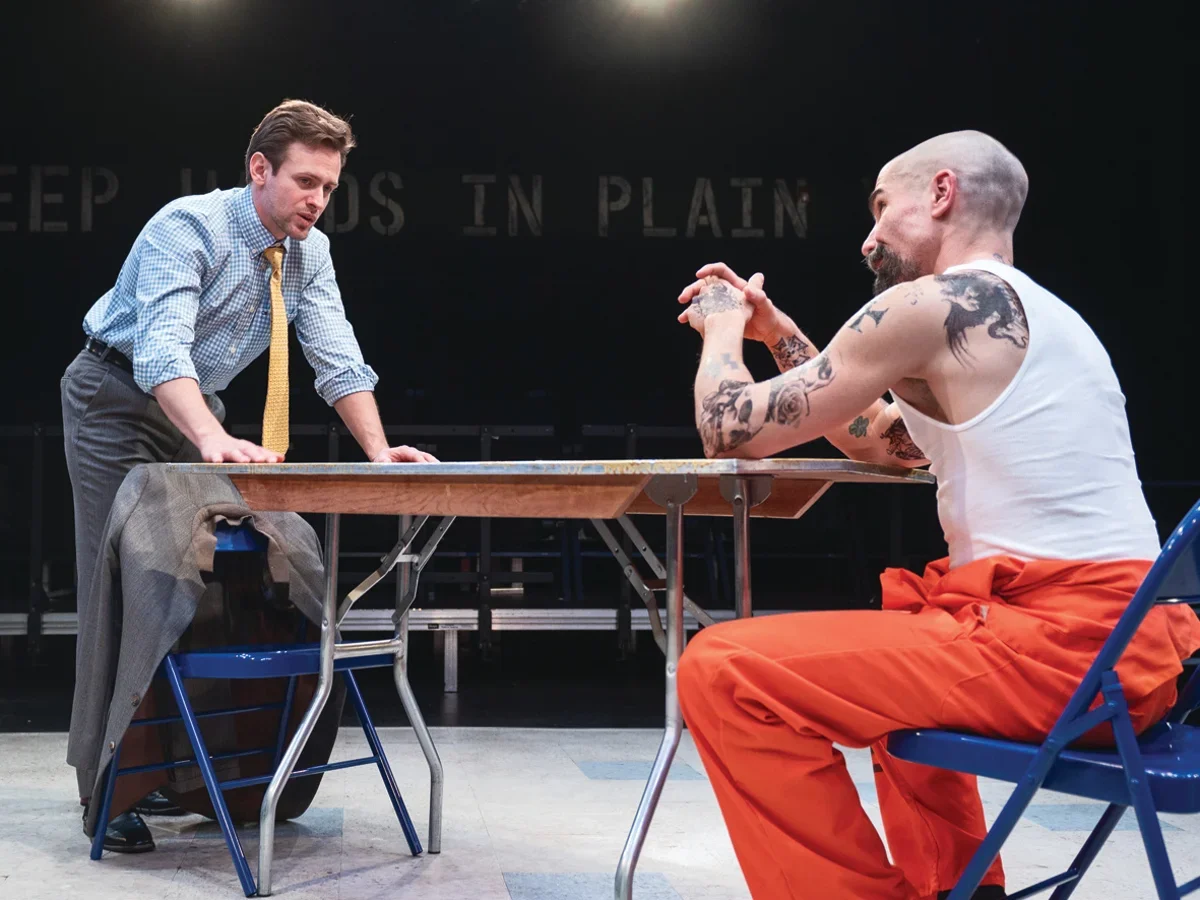Edinburgh Fringe Chats (#149): Katia Haddad, MARIUPOL
As anticipation builds for the Edinburgh Festival Fringe 2025, we’re catching up with a range of exciting creatives preparing to bring their work to the world’s largest arts festival this August. In this series, we delve into the stories behind the shows, the inspiration driving the artists, and what audiences can expect. Today, we’re joined by Katia Haddad to find out more about Mariupol.
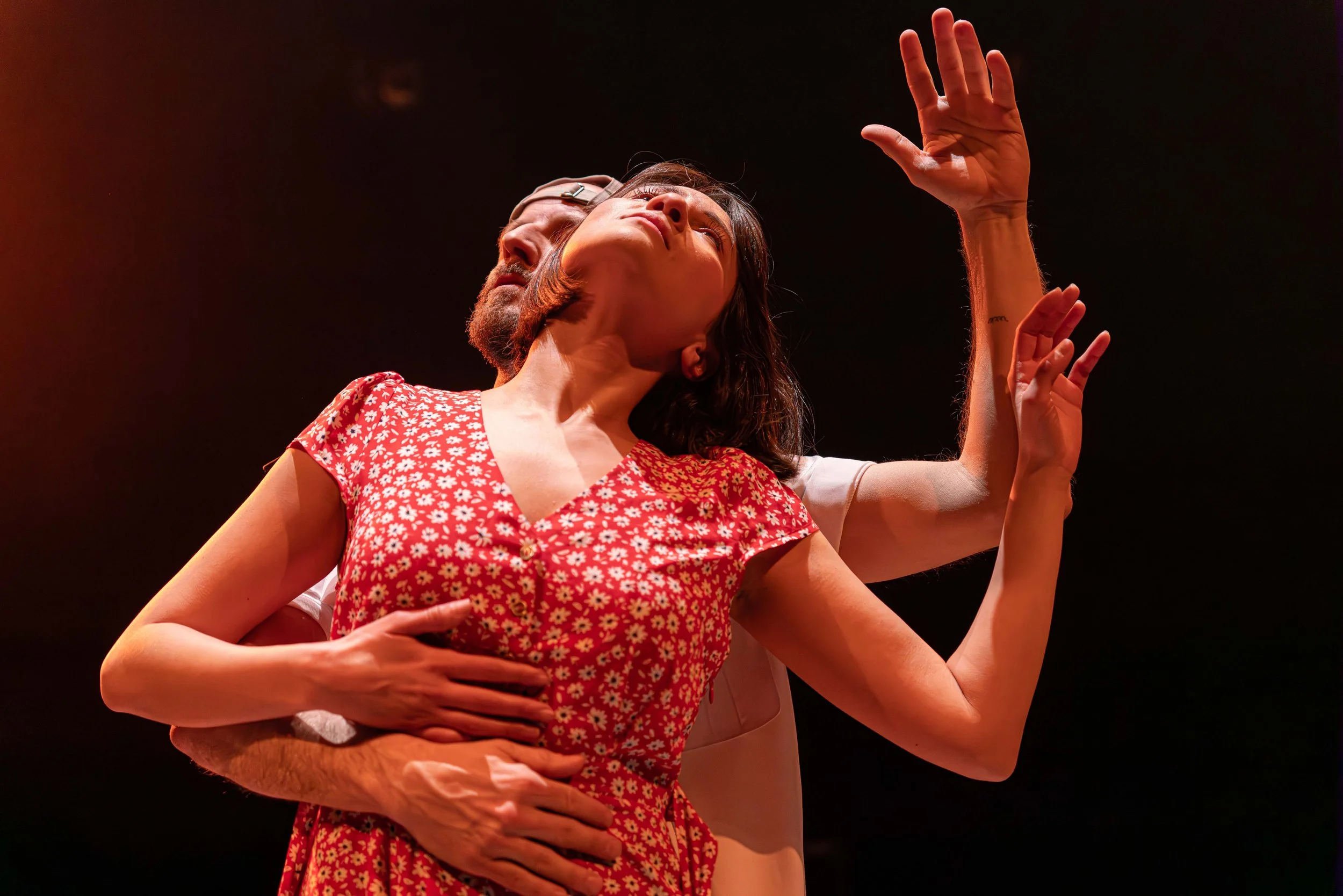
1. Can you begin by telling us about your show and what inspired it?
I wrote MARIUPOL as a personal response to Russia’s invasion of Ukraine. Having personal connections to both countries, the war has affected me deeply. I’ve lived in England for the past 30 years, but I could never forget the summers of my youth spent at the seaside in Mariupol. My memories of the city and the people that I knew there gave the start to the story of Steve and Galina, their first meeting in August 1992. After that, through the decades that follow, up to the final meeting in the bunker of the bombed Azovstal in April 2022, their journey becomes their own.
2. What made you want to bring this work to the Fringe this year?
We had a successful run of MARIUPOL at The Cockpit in London in February. The positive and encouraging reactions from the audiences and the critics inspired us to look to the next step. The Fringe was the most obvious and exciting choice!
3. How would you describe your show in three words?
High-stakes drama.
4. What do you hope audiences take away from watching your performance? I hope that watching MARIUPOL will invite people to think of war differently. Not as a heroic or barbaric act of a nation, but as the personal pain and tragedy of everyone affected by it. Even if we can’t change the course of history, we can preserve humanity within ourselves. And that love always wins. In the end.
5. What’s your top tip for surviving the Fringe?
Bring your own pillow.
6. Where and when can people see your show?
Beneath@ Pleasance Courtyard at 13:00 from 30 July-25 August


